LiA - Make_Sense Mexico City - Week 5 - Project Summary
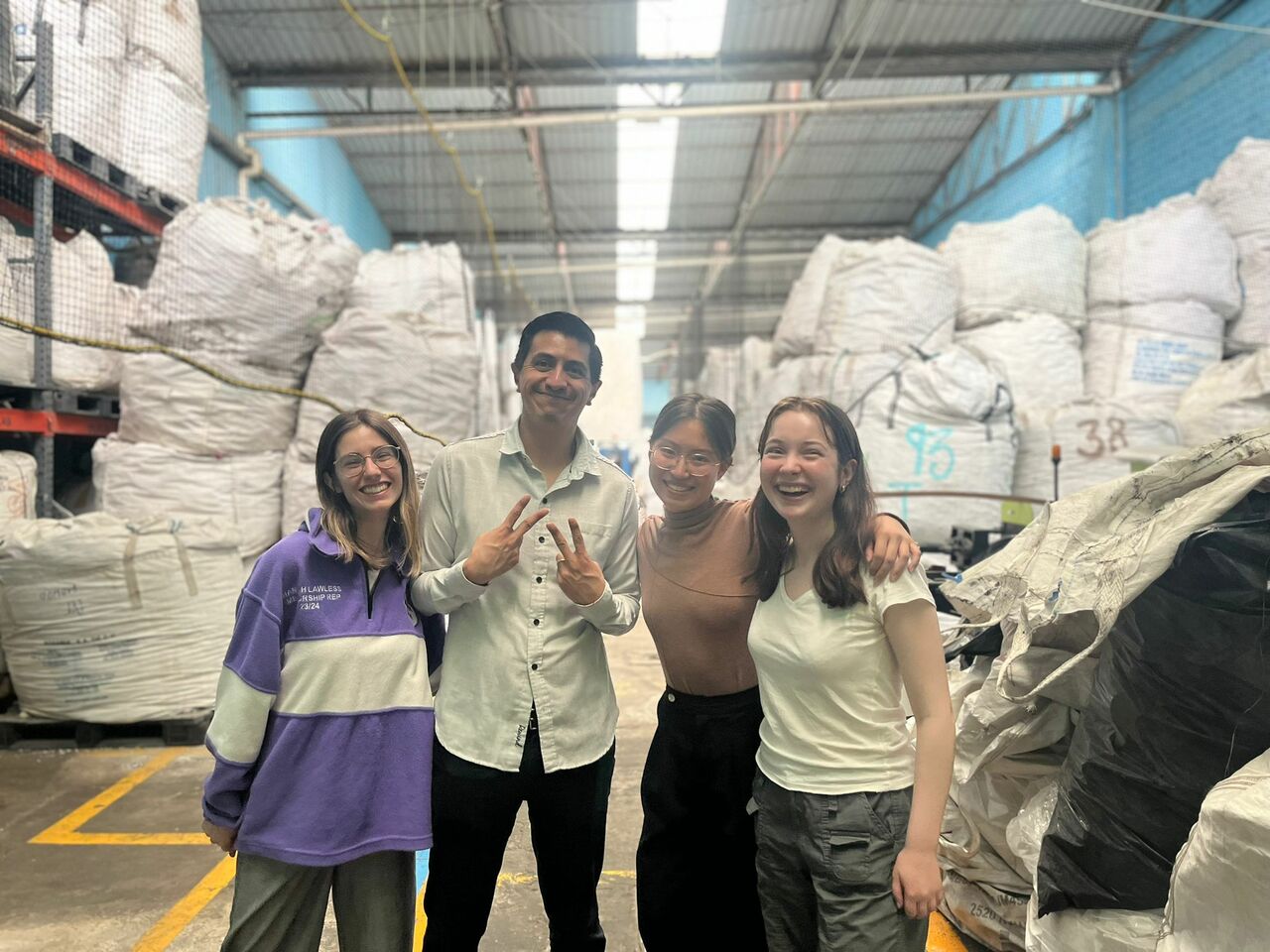
How Might We improve the implementation of the digitization process to ensure Rennueva has a smooth transition for clients and staff toward higher efficiency and impact?
Today, we held a project showcase for Laidlaw Scholars, the Make Sense team, Rennueva staff members, and some of our volunteers. In this post, I would like to document this project and my reflections.Project Context
Among the many environmental challenges that Mexico City faces, waste management is one of the most prominent. In Mexico City, plastic is the 2nd most disposed of product after organic waste, yet, only 6% of plastic waste in Mexico City gets recycled (123 tons produced daily). The lack of waste management infrastructure and regulation is a major problem for supporting recycling initiatives.
Rennueva is a start-up plastic and paper recycling plant, with a patented technology to process polystyrene into profitable raw material chips. It also offers policy consulting to aid other waste-dealing sectors in understanding Mexican waste management laws.
This year, Rennueva designed a new platform for tracking donated materials and donor information. For our project, we want to support the process of launching and implementing this platform.
Journey to the Solution
This journey really taught me how design thinking, provided as a tool to be used freely in a medium-length project instead of a short design sprint, could be helpful in guiding project timelines and steps forward.
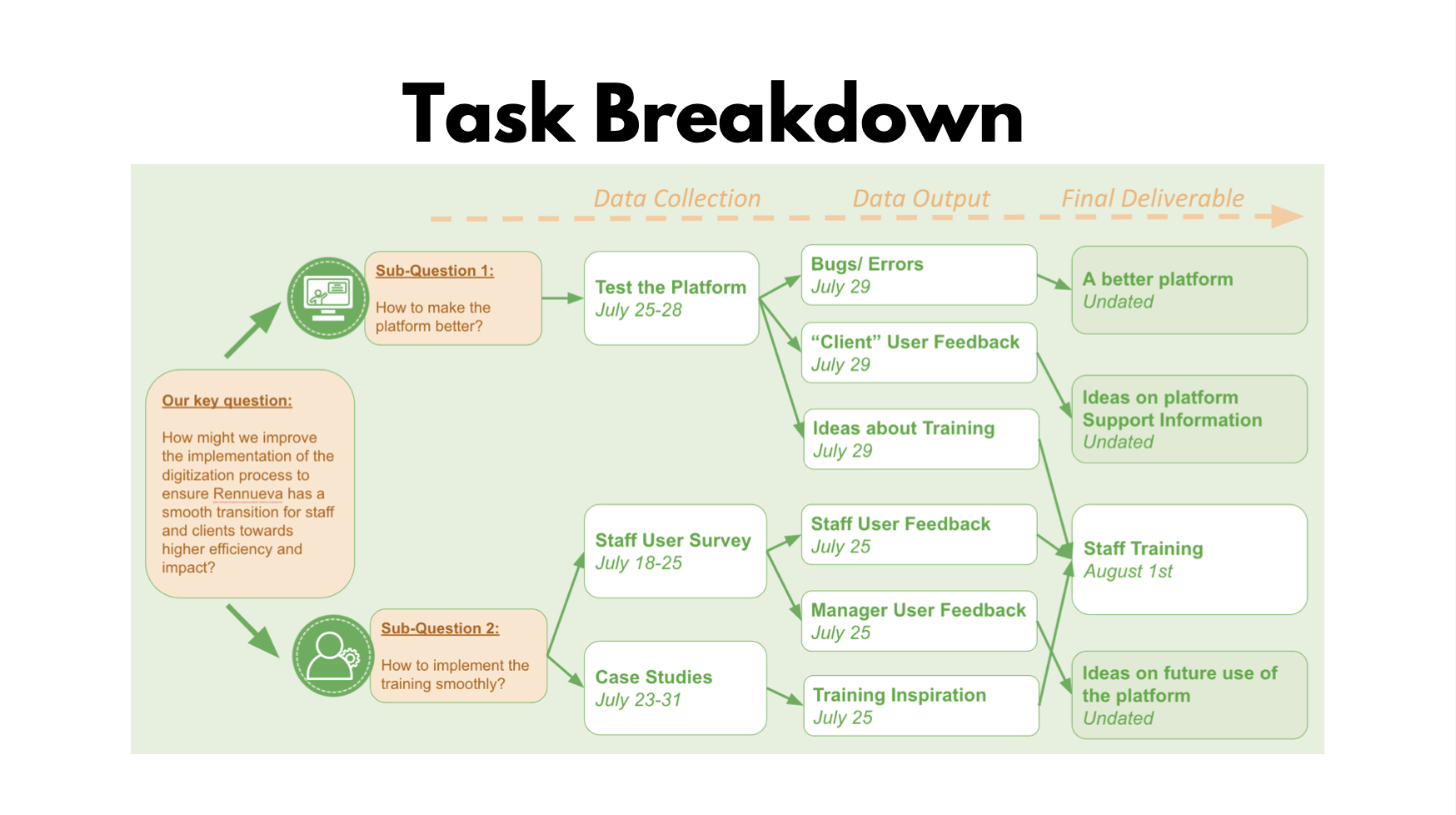
The empathy process was carried out throughout the project, along with ideation. We carried out an expert interview with Enrique to understand Rennueva, the platform, and how digitization will benefit the company. Then, we created a user survey for Rennueva staff in order to understand their roles within the company, how the app will improve their workflow, and their preferred training method. We asked Enrique to do a preliminary demonstration of the platform and invited volunteers to test it.
After collecting all the data, we provided feedback for the platform to Enrique and focused on developing training materials for staff members. We learned that video, interactive training, and manual would be helpful resources, and step-by-step workflow instruction would be desirable. We then met with Rennueva's communications team and learned that we can prioritize the manual and they will develop training videos later.
The manual was organized according to different roles in Rennueva so that each staff member will only need to read their relevant section and learn how the platform integrates into their current workflow. It was challenging to develop a manual while the platform was in constant updates, but we were able to respond quickly to changes and new information. The manual was then used in interactive training sessions for 6 different teams in Rennueva.
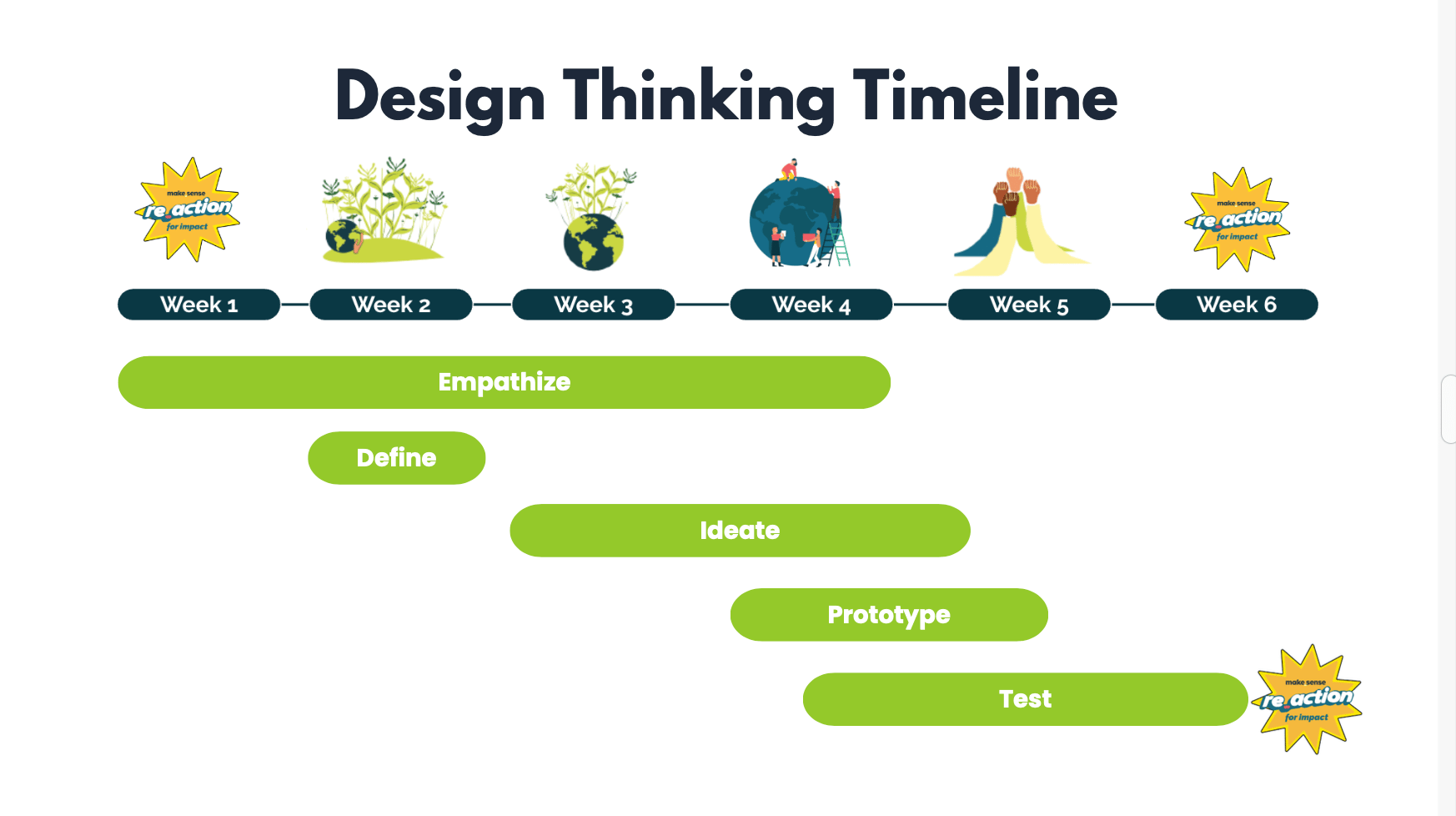
Results
70% of staff members surveyed said they understood the platform well after training, 100% said the manual provided them with the information needed to use the platform confidently, and 85% of respondents said the manual was clear and easy to understand.
Based on training results as well as suggestions from volunteers, we modified the manual into version 2. In the future, the communications team will make the manual into a video for teams that constantly need to train new staff members. We also made a handover document with other suggestions for the future of the project.
Collaboration and Feedback
We have successfully mobilized 9 volunteers to engage in this project. Thus, the full project team involves Laidlaw Scholars (Hannah, Alice, and I), Make Sense (Triana and Nuri), the Rennueva team (Enrique, the communications team, Manuel, and many others), and our volunteers. We created profiles for the volunteers to understand what skills they could contribute to the project and held 1:1 meetings mid-project to learn about their feedback on their expertise.
It was very heartening to hear the feedback from people involved in this project during our final presentation.
I forgot to tell you how important your manual is. Our company is undergoing a big transition, and the manual is a crucial first step. - Enrique (Rennueva CFO)
In the first volunteer meeting, I ask you what you think is the biggest difficulty of this project, and you said time, because this project is very ambitious and time is limited. Actually, this project has been very organized. Good job! - Jazz (Volunteer)
It is a very complete and professional project, and I am very proud of what you have accomplished in the 6 weeks! - Nuri (Make Sense Program Coordinator)
Reflections
Waste recycling is a huge challenge. However, by doing small parts in this big process, it is possible to make positive contributions. The people I met on the way, and the days of observing plastic sorting staff and learning about Rennueva's workflow, really took my attitude towards recycling to the next level. I stopped using takeaway boxes and did not buy any plastic wrapping, using reusable ones I brought instead. I actively cleaned and sorted recyclables in our apartment, and we brought them to Rennueva and other nearby recycling stations - of course, it would have been better if access to recycling plants was easier.
We also learned a lot from experience about addressing complex problems from a systematic vision, reflecting on our positionalities, and having critical hope.
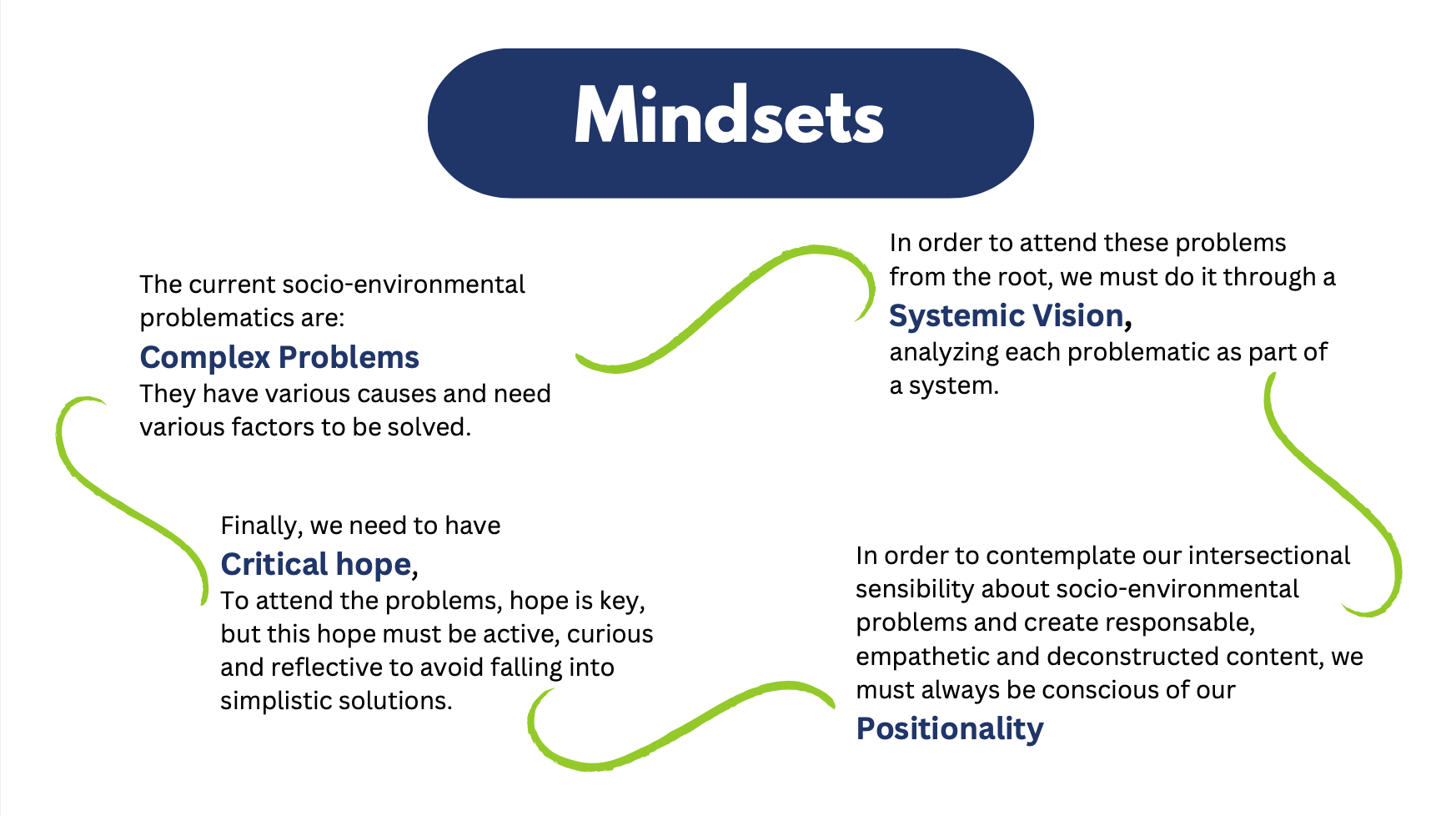
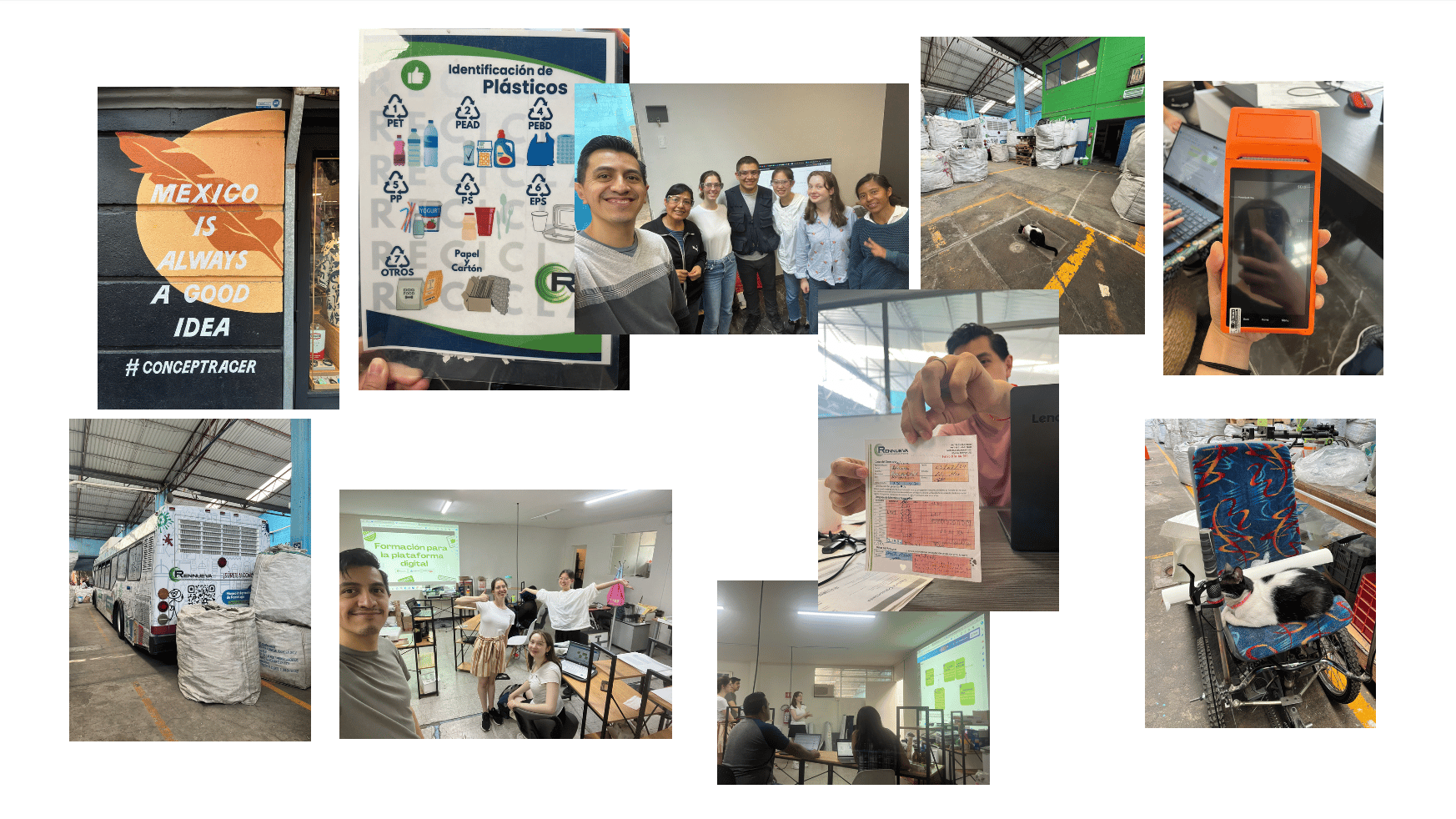




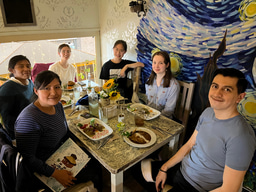
Please sign in
If you are a registered user on Laidlaw Scholars Network, please sign in
Such an interesting read! It's inspiring to see how the team leveraged design thinking and collaboration to make the project more efficient and effective. The work you all did on the manual and training is clearly making a difference for the staff and clients alike. The journey you've documented here is a great reminder of how thoughtful, small steps can drive significant positive change. Well done, team!
Hi Princess, yes it was a great learning experience for me! I am very grateful for Laidlaw Scholars and Make_Sense Americas for curating such a good program.